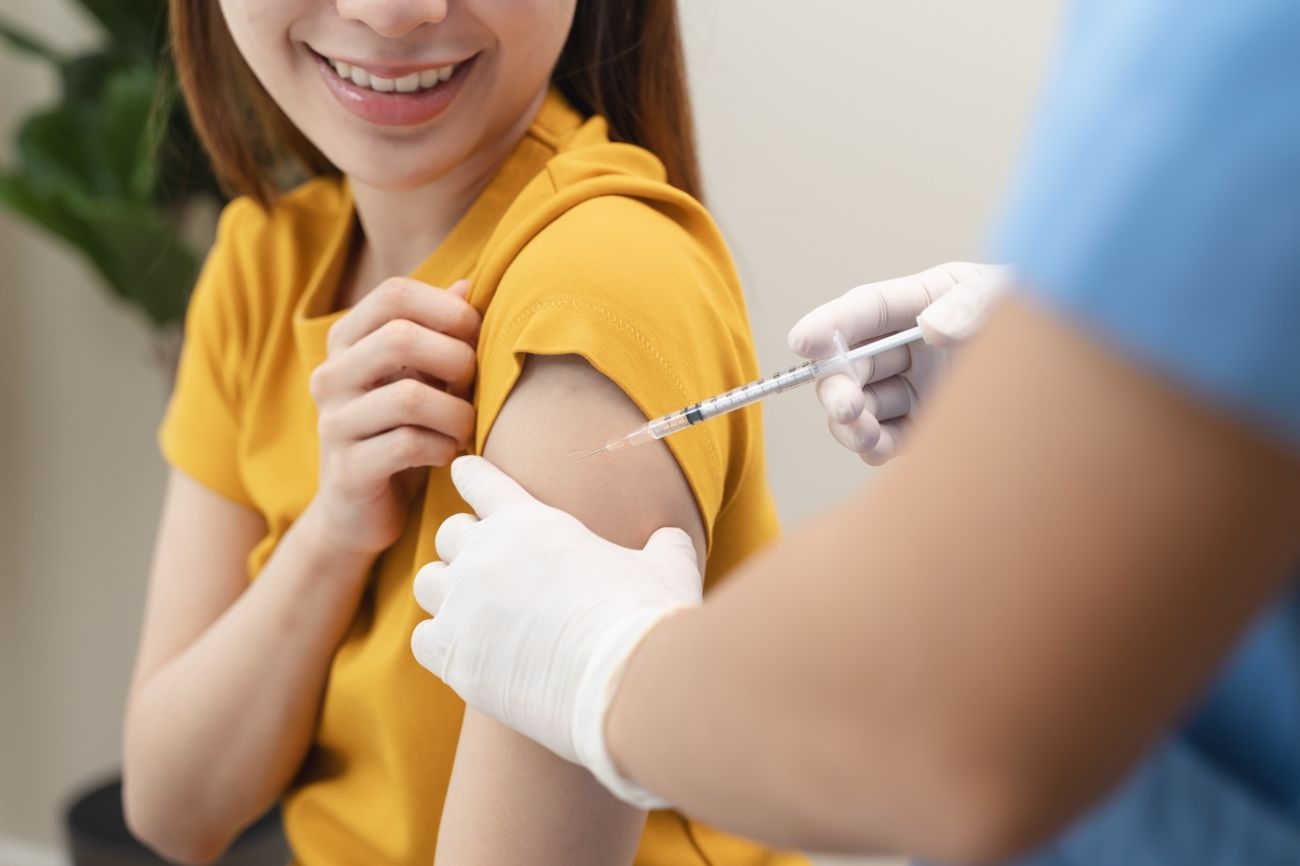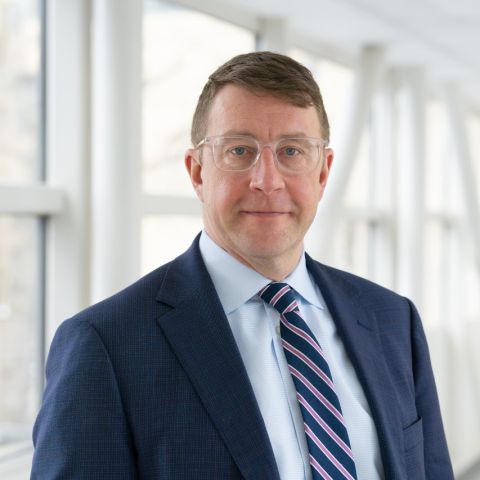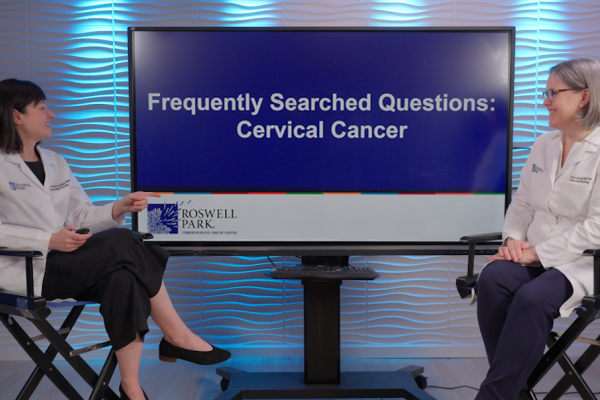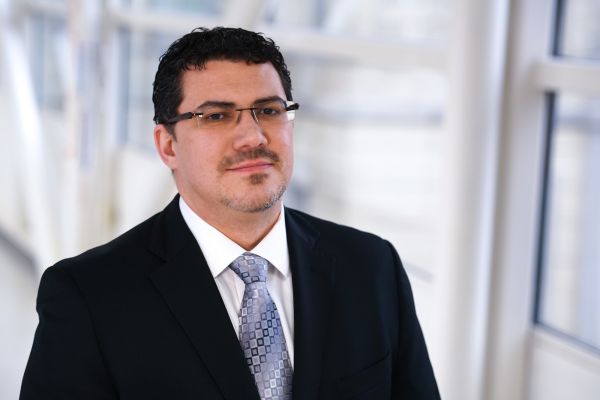For the first time, a large population-wide study of young women found no new cases of cervical cancer among those who had received a vaccine against human papillomavirus (HPV).
Published earlier this year in the Journal of the National Cancer Institute, the study, conducted in Scotland, is the first to monitor a national cohort of women all of whom received the HPV vaccine between the ages of 12 and 13 and were born between 1988 and 1996.
“I think the findings are promising and exciting,” says Peter Frederick, MD, FACOG, Clinical Chief of Gynecology at Roswell Park Comprehensive Cancer Center. “As these individuals age, we’ll be able to collect more and more information, because in the majority of patients it takes many years for cancer to develop after cancer-causing HPV is acquired.”
The Scotland study followed women currently between the ages of 28 and 36; in the United States, most women who develop cervical cancer are a little older than that, between the ages of 35 and 44, according to Dr. Frederick. "What the study shows is that in the people who got the vaccine at the age of 12 or 13, none went on to develop cervical cancer,” he says.
The study noted that among the women who received the HPV vaccine between the ages of 14 and 22, the percentage that went on to develop cervical cancer was still about 2.5 times lower than the unvaccinated population. “That’s a lot lower number than what you would predict and a lot lower than the number of cases in the unvaccinated population,” Dr. Frederick says.
“We know HPV causes cancer and cervical cancer is probably one of the more notable cancers that we see in women, but there are other cancers that HPV also causes. These cancers both in the United States and worldwide are devastating.”
Vaccine protects against more than just cervical cancer
Strains of HPV also are linked to head and neck cancers, tongue cancer, vulvar cancer, anal cancer and penile cancer. Effective use of vaccines can help prevent or reduce the risk of all of them, Dr. Frederick advises.
He also notes that the study found the greatest benefit from vaccination was among women who faced more socioeconomic barriers to accessing healthcare.
“What we see at Roswell Park is a lot of our patients with cervical cancer come to us who haven’t been getting their regular pap screening. Someone who had a baby 20 years ago and are done with childbearing but doesn’t see their gynecologist for 20 years and may come in with cervical cancer,” Dr. Frederick says. “If they don’t have access to regular care, then it’s especially beneficial for them to make sure they get this vaccine when it’s available to them.”
Why Roswell Park for cervical cancer?
We provide cancer care that combines the expertise from several specialists, including gynecologic and radiation oncologists, dietitians, physical therapists, psychologists and more.
Cervical cancer is widespread in developing countries throughout Africa, parts of Asia and South America, in part due to lack of access to healthcare resources, he says. “It’s a lot rarer in the United States than it used to be, but I think even one death is too many. If we can prevent this, that’s the best way to treat cancer.”
Gardasil can be administered in children as young as age nine. Most will receive it around the age of 12 or 13, with vaccination encouraged before a person’s first sexual encounter. Someone who receives a full dose of the vaccine at an older age will still receive the protection the vaccine provides.
HPV vaccines also are effective in protecting young men from contracting and spreading HPV and HPV-related cancers so they should receive it as well, advises Dr. Frederick.
The more people who receive the vaccine, the better the protection level is for everyone. Erie County’s vaccination rate for HPV is on the lower side, with about 25% of the population of adolescents receiving the series of injections. “Countries like Australia have vaccination rates that are greater than 80% of their populations, and the incidence of HPV and cancer is a lot lower,” Dr. Frederick explains.
Being proactive against cancer
Not only does Dr. Frederick encourage parents to vaccinate their children against HPV and to ensure they receive a full course of inoculations, he administered the vaccine to himself when it was first approved and will provide the vaccine to his children as well when they are eligible.
For him, as a cancer surgeon who counsels and treats women who have been diagnosed with cervical cancer in addition to talking with their families, it was an easy decision to make.
“We have a safe and effective method to prevent these cancers. If you can prevent cervical cancer by getting a vaccine, I think we should.”



